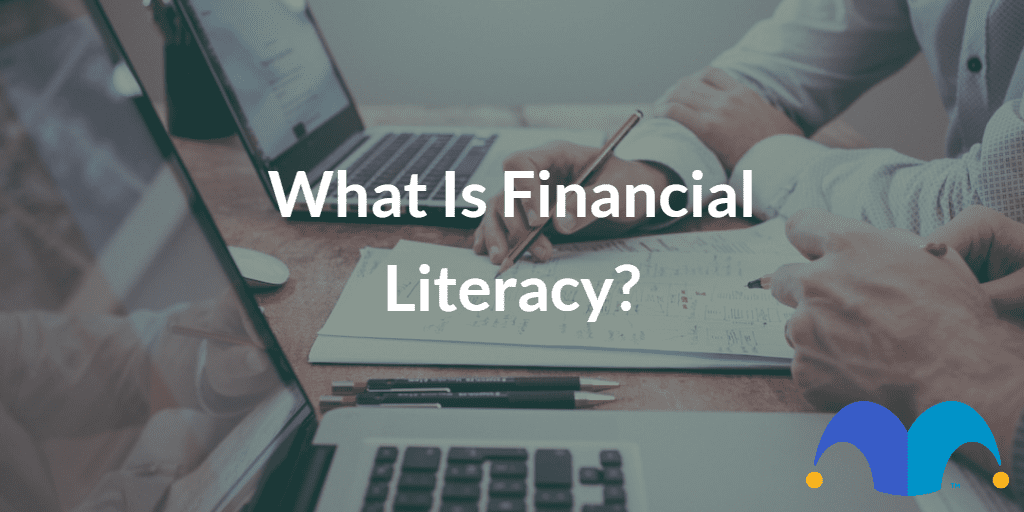It is often said that young people are educated into debt but aren’t taught how to get out of it. So what is financial literacy? And why is it important? Here’s what you need to know.
Financial literacy: what’s it all about?
Financial literacy refers to having the necessary skills and knowledge to make rational financial decisions. In other words, those who are financially literate have good money management skills. Sadly, the UK isn’t a world leader in financial literacy.
According to a 2021 survey by investment app Freetrade, less than half of young people in the UK can answer basic questions about personal finance. Dubbed the Great British Financial Literacy Test, questions covered a wide range of areas within the personal finance sphere, including savings, ISAs, investing and retirement.
Interestingly, men knew the most about ISAs, while women scored higher on questions about savings. Retirement questions proved to be a stumbling block for all groups, even for those nearing retirement.
Overall, the research found that 88% of Brits do not feel confident in their financial literacy skills.
What does financial literacy cover?
Financial literacy involves having a good understanding of a wide range of personal finance definitions.
For example, a person with good money management skills is likely to have the ability to create and stick to a budget. This means that they are less likely to overspend and fall into debt.
A financially literate individual may also have the skills to determine which type of credit card best suits their needs, as well as having a good grasp of different APRs.
Someone with good money management skills is likely to have knowledge of the different types of savings accounts, as well as an understanding of how compound interest works.
Financially literate individuals are also likely to have an understanding of the importance of saving for retirement.
Why is financial literacy important?
Those with a good financial literacy are less likely to make poor spending decisions, get into perpetual debt, or be late paying bills. Such behaviours can ultimately lead to a poor credit score, which can make it difficult to qualify for the best deals.
Those who understand the benefits of regular saving are also more likely to put cash aside for a rainy day. This can lead to bigger opportunities later in life. For example, those with savings may have more opportunities to switch from full-time to part-time work in the future, compared to those without savings.
The same can be said for pensions. Those who take an active interest in their pensions are far more likely to have more comfortable retirements than those who don’t. To address this issue, the government introduced the auto-enrolment scheme in 2012. As a result, more people than ever are now saving into a pension.
More generally, having good money management skills can help you better understand your finances, making it easier for you to plan for your future and achieve your life goals – such as saving for a home, your wedding, or your child’s education. Financial literacy can also help you manage debt responsibly.
In addition, being financially literate can help to minimise your chances of falling victim to financial fraud. See our top tips to avoid scams for more on this.
How can I improve my money management skills?
If you’re keen to improve your financial literacy, you may find it useful to read the following The Motley Fool guides:
It’s also worth looking at the government’s MoneyHelper service. It breaks down financial jargon in a number of easy-to-read guides.
